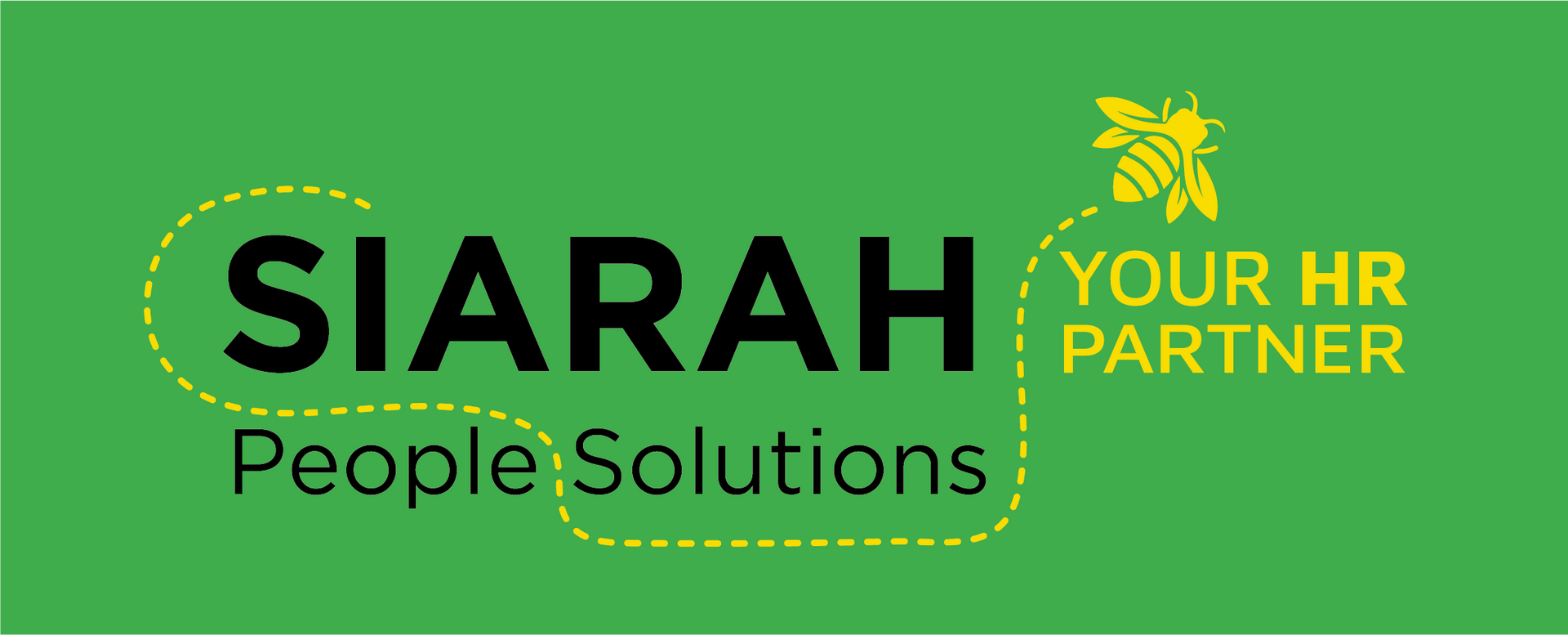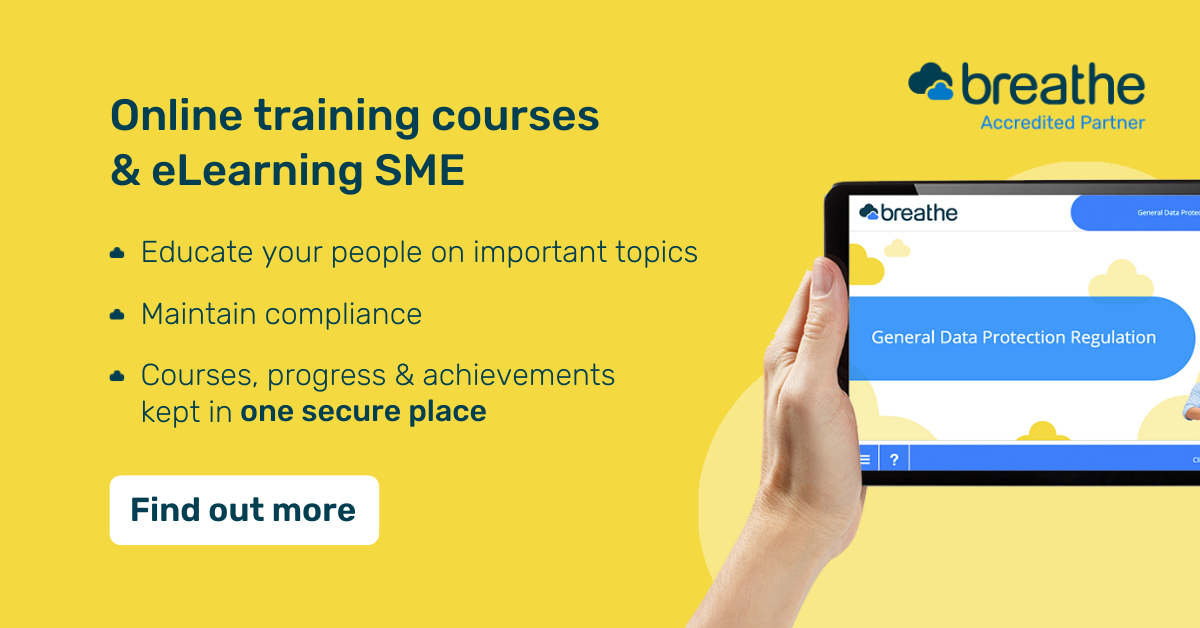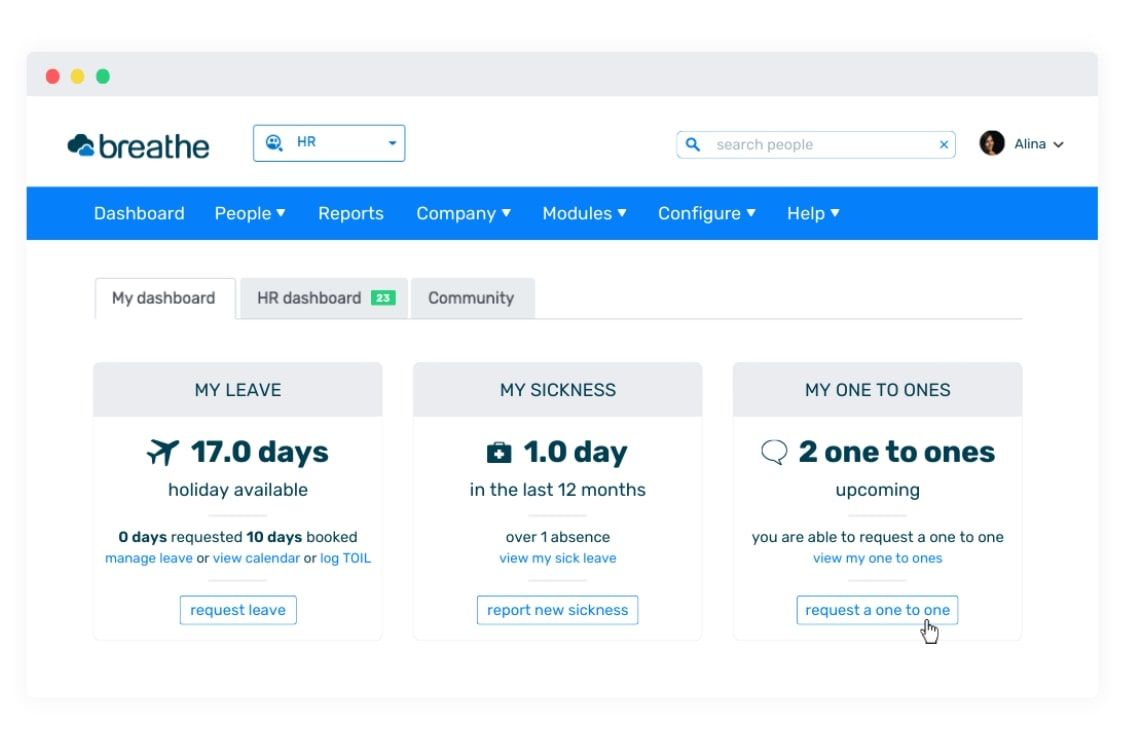Supporting Menopause in the Workplace: Why It Matters and What Employers Need to Know

October is World Menopause Awareness Month, providing a timely opportunity for employers to reflect on how well they support employees experiencing menopause symptoms. Although menopause is a natural stage of life, it can have a significant impact on wellbeing, confidence, and performance at work.
For many employers, particularly in smaller finance and accountancy firms, the subject can still feel sensitive or unfamiliar. Yet with women over 50 being the fastest-growing segment of the UK workforce, this is an issue that cannot be ignored — both from a wellbeing and a legal standpoint.
Understanding the Impact of Menopause at Work
The menopause typically occurs between ages 45 and 55, though symptoms can begin earlier during the perimenopause stage. Common symptoms such as fatigue, hot flushes, anxiety, brain fog, and difficulty concentrating can all affect daily work life.
When these symptoms are misunderstood or unsupported, employees may feel embarrassed or anxious about their performance, and some may even consider leaving their jobs. Research by the CIPD has found that around two-thirds of working women aged 45–55 with menopause symptoms say it has a negative impact on them at work — a clear sign that more needs to be done.
What Employers Can Do to Support Menopause
Creating a supportive environment doesn’t require major investment — but it does require understanding, open communication, and flexibility.
1. Start the conversation
Breaking the taboo around menopause begins with awareness. Include menopause as part of your wellbeing agenda, host information sessions, and train managers to have sensitive conversations. A culture that encourages openness helps employees feel seen and supported.
2. Review your policies and practices
While there’s no legal requirement for a specific menopause policy, it’s good practice to reference menopause within health and wellbeing, absence management, and flexible working policies. Doing so signals that your business takes the issue seriously and provides clear guidance for managers and employees alike.
3. Offer flexibility where possible
Allowing temporary flexible working arrangements, such as adjusted hours or remote working, can help employees manage symptoms more effectively. Other practical measures, such as access to temperature control and private rest areas, can also make a big difference.
4. Support line managers
Many managers want to do the right thing but lack confidence in how to approach menopause-related conversations. Providing training on empathy, active listening, and reasonable adjustments can help ensure that discussions are handled appropriately and consistently.
5. Promote wellbeing resources
Signpost employees to external resources such as occupational health, employee assistance programmes, or specialist medical advice. Encouraging self-care and open dialogue helps normalise the experience and reinforces that your firm values employee wellbeing.
The Legal Perspective: What Employers Must Know
Although menopause is not a protected characteristic under the Equality Act 2010, related issues may fall under sex, age, or disability discrimination. For example, if a woman experiencing severe menopause symptoms is treated less favourably because of her condition, this could amount to discrimination.
Employers also have duties under the Health and Safety at Work Act 1974 to ensure the health, safety, and welfare of their employees. This includes assessing workplace risks that may be aggravated by menopause symptoms, such as temperature, ventilation, or stress.
Failing to consider reasonable adjustments or respond appropriately to menopause-related concerns could result in claims of discrimination, harassment, or constructive dismissal. Beyond legal compliance, however, taking proactive steps shows that your firm values inclusion and wants to retain experienced, skilled professionals.
The Business Case for Menopause Support
Beyond compliance and compassion, supporting menopause in the workplace makes strong business sense. Finance and accountancy firms rely on experienced professionals, many of whom are women in mid to senior roles. By creating an inclusive culture that recognises and supports menopause, firms can:
- Improve retention of skilled employees
- Reduce sickness absence
- Boost morale, trust, and engagement
- Strengthen their reputation as a fair and supportive employer
Final Thoughts
Menopause is a normal part of life — but it shouldn’t be a barrier to success at work. By fostering an open, supportive environment and ensuring managers understand their responsibilities, employers can help employees thrive through every stage of their working lives.
If you’re unsure where to start, reviewing your HR policies and conducting a wellbeing audit is a great first step.
At Siarah People Solutions, we help finance firms in London and Essex create inclusive workplaces that not only meet legal requirements but also support people to perform at their best.
Need help with menopause support in your business? Click below to arrange a call to discuss how we can help.
















